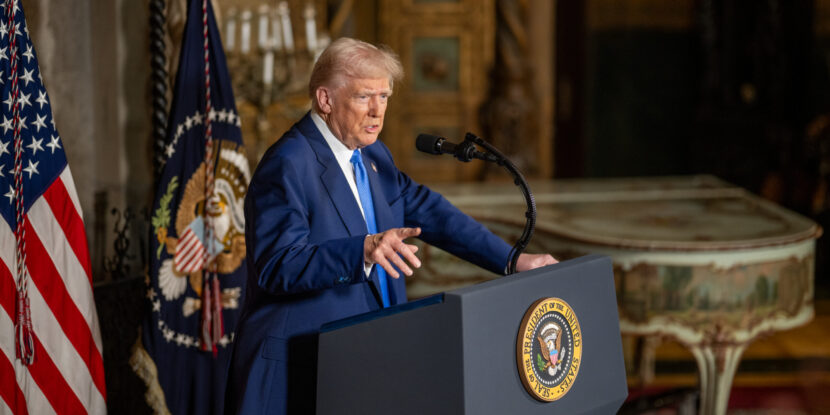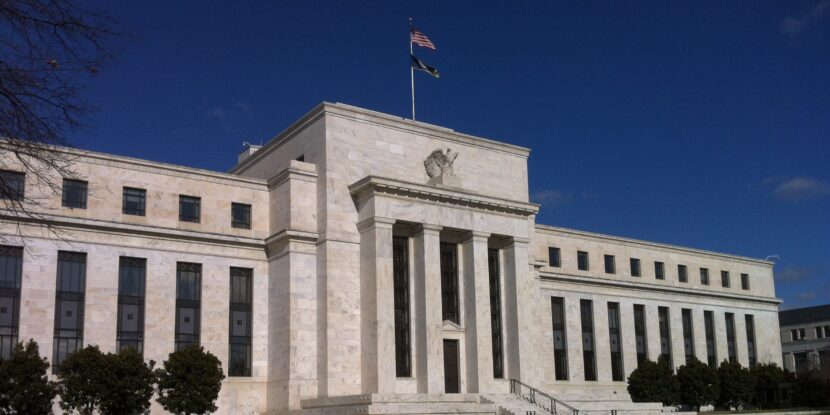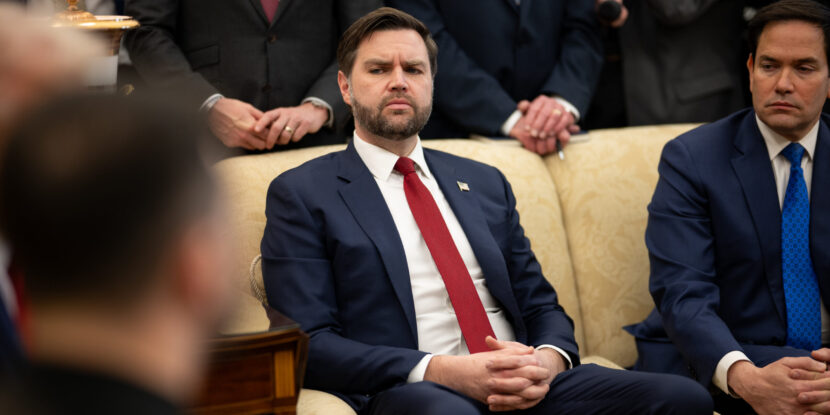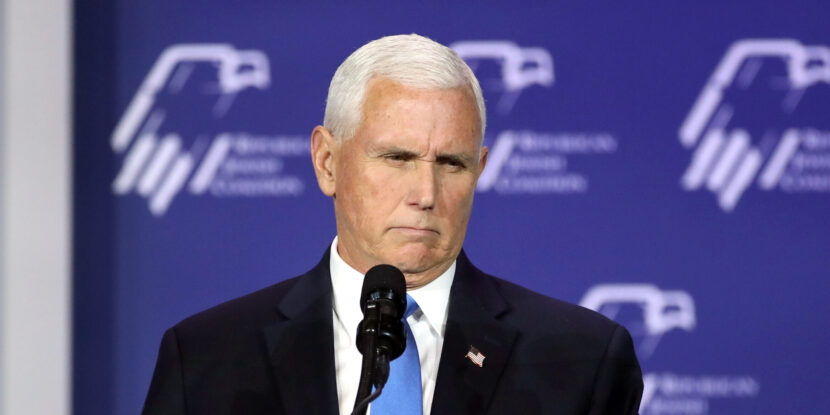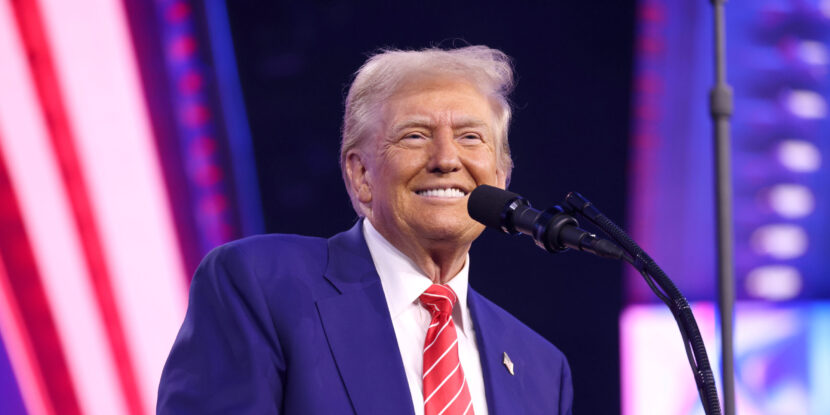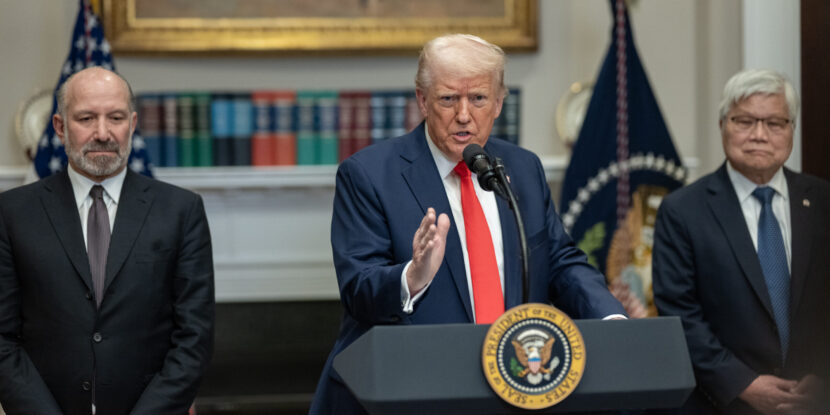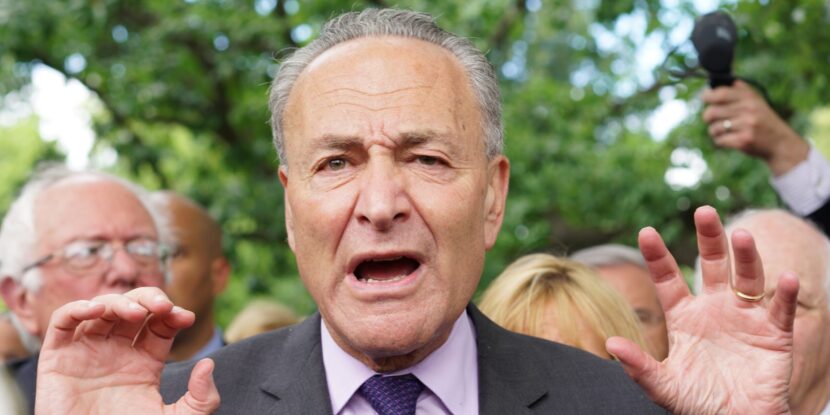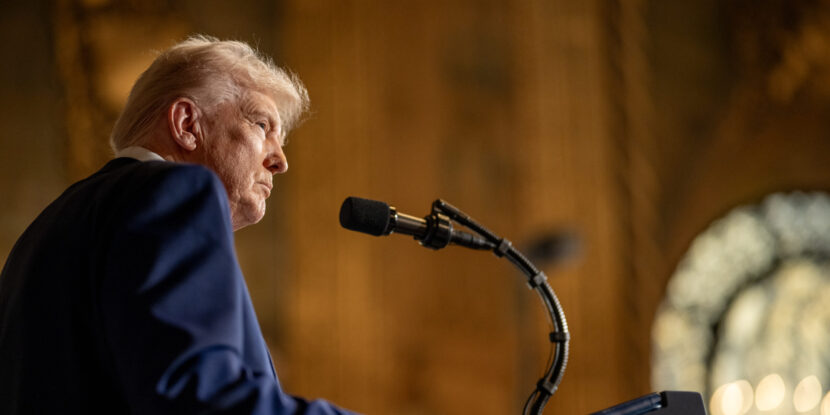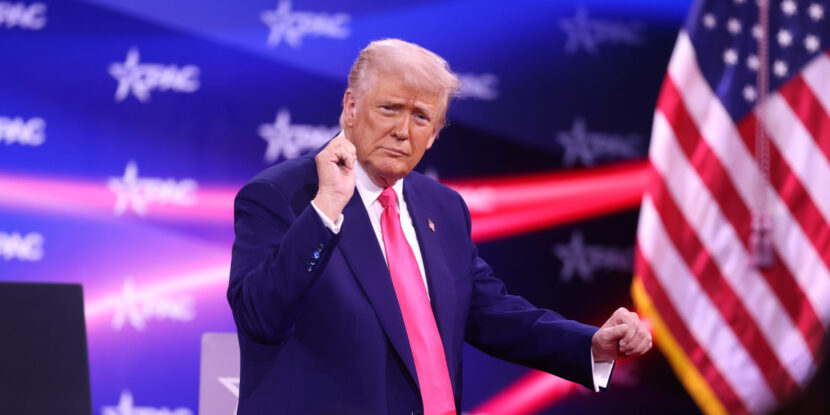The European Union (EU) says it will now delay implementing tariffs against the United States, originally planned to begin at the end of March, until mid-April. While European officials claim the delay is to give more time to refine the list of U.S. products subject to the tariffs, it is widely seen as allowing more time for negotiations with U.S. President Donald J. Trump‘s White House.
Olof Gill, a spokesman for the European Commission, confirmed the delay on Thursday. “This provides additional time for discussions with the U.S. administration,” he stated.
The National Pulse previously reported that the EU announced tariffs targeting U.S. goods such as bourbon, jeans, and motorcycles—appearing designed to harm globally popular American brands—in response to Trump’s global tariffs on steel and aluminum. Following the announcement, President Trump responded, stating the U.S. would consider a 200 percent tariff on certain EU products like French wine.
Trump’s threat to impose crippling tariffs on wine and other alcohol products has caused several European national leaders to push against the EU’s retaliatory trade measures. Notably, Italy’s Prime Minister Giorgia Meloni cautioned against entering a “vicious circle” of trade measures. Meanwhile, France’s Prime Minister François Bayrou warned that Europe risks targeting inappropriate sectors.
EU Trade Commissioner Maros Sefcovic acknowledged on Thursday that negotiations will likely remain stalled until April 2, when President Trump’s wider reciprocal tariff policy takes effect. The admission suggests that the EU’s delay is less about refining the list of American goods to be tariffed and more with internal pressure from European leaders who fear the repercussions a trade war with the United States would have on their national economies.
show less